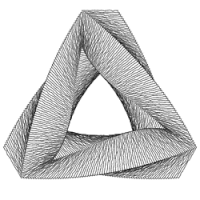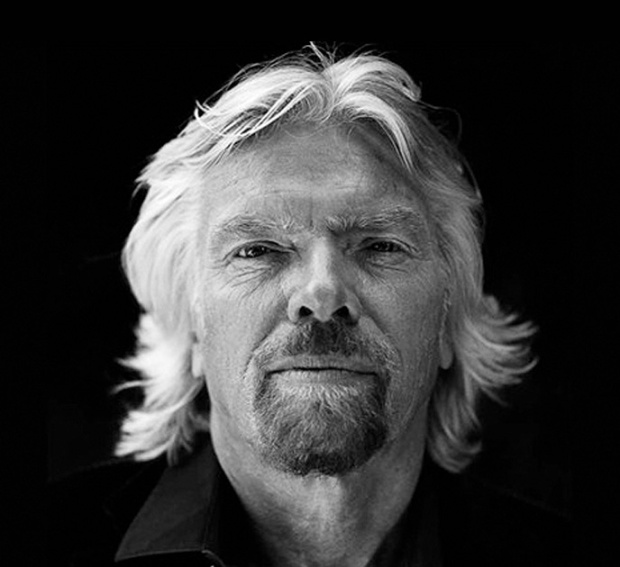“It is far harder to kill a phantom than a reality”- Virginia Woolf
For a moment, think about the things you said you would do before life got in the way. Before you got tired and busy. The things you said you wanted to be, to change, to discover. What stopped you?
Barriers: A circumstance or obstacle that keeps people or things apart or prevents progress. Such barriers can be divided into two categories. Internal Barriers: a perceived hindrance that comes from within and external barriers: obstacles imposed on us by the world.
We have all encountered such hurdles in life, perhaps even succumbed to them. Perhaps we have sheltered behind the excuses they offer, basked in the social acceptance of misfortune. Perhaps we admitted defeat against the conspiring world. Perhaps, but suppose we didn’t.
What more are barriers than simple constructs of the human mind? A mere perception of a situation rather than a reality. How many times have you deemed a situation to be of a certain nature only for it to be completely overwritten by the universe? I still recall finishing my year 12 exams and coming home from school on the verge of tears, already reassessing my university preferences, convinced my math abilities or lack there of were a cement wall inhibiting my future success. Obviously, this so called mountain revealed itself as little more than a mole hill, a realisation catalysed by a change of perception.
Realistically, internal and external barriers don’t tangibly exist. Rather they are constructs of our imagination enabling us to live mediocre lives, failing to reach our full potential without question. Both Michael Scheier and Charles Carver, authors of On the Power of Positive Thinking acknowledge the role of mind set and perception in achieving success. Recognising that those whom possess optimism are more likely to be able to adaptively overcome a barrier. Therefore, simply changing your perspective of a deemed obstacle with a positive outlook could potentially help you to leap over the hurdle.
Another example of the power of perception is encapsulated in the success of Richard Branson. Branson condemns the mental hindrance of perceived barriers, allocating his employees to run logistics on virtually impossible start ups such as commercial flights into space. However, rather than compiling a list of ways the proposition isn’t possible he allows only information about how it is to be reported. Perhaps this perspective is the key to Branson’s success.
There are a lot of people who have overcome pretty severe barrier. No, not a measly lack of sleep or money. Im not talking about a bit of negative feedback or scepticism. I’m talking about Van Gough, a world renown artist whose work is worth a fortune only selling one painting in his life time. Im talking about Thomas Eddison who faced over 10000 barriers before reaching success.
It is your mind that is the generator of failure, as to fail inventing the lightbulb 1000 times is really successfully determining 10000 ways a light bulb won’t work.


